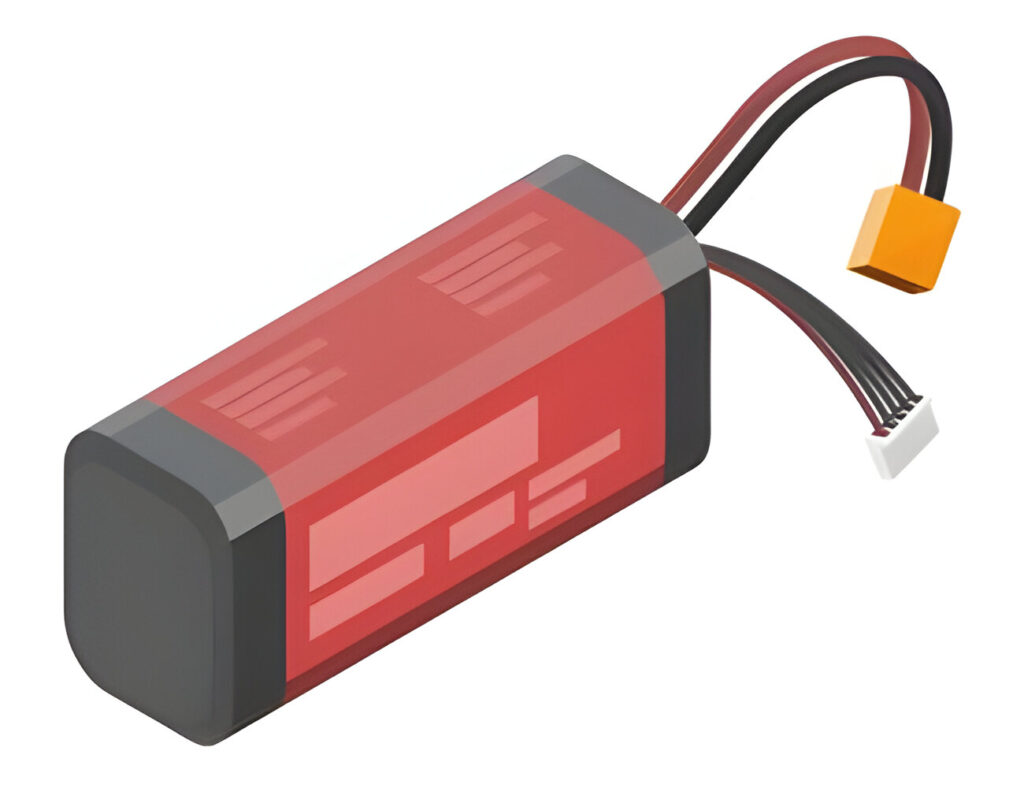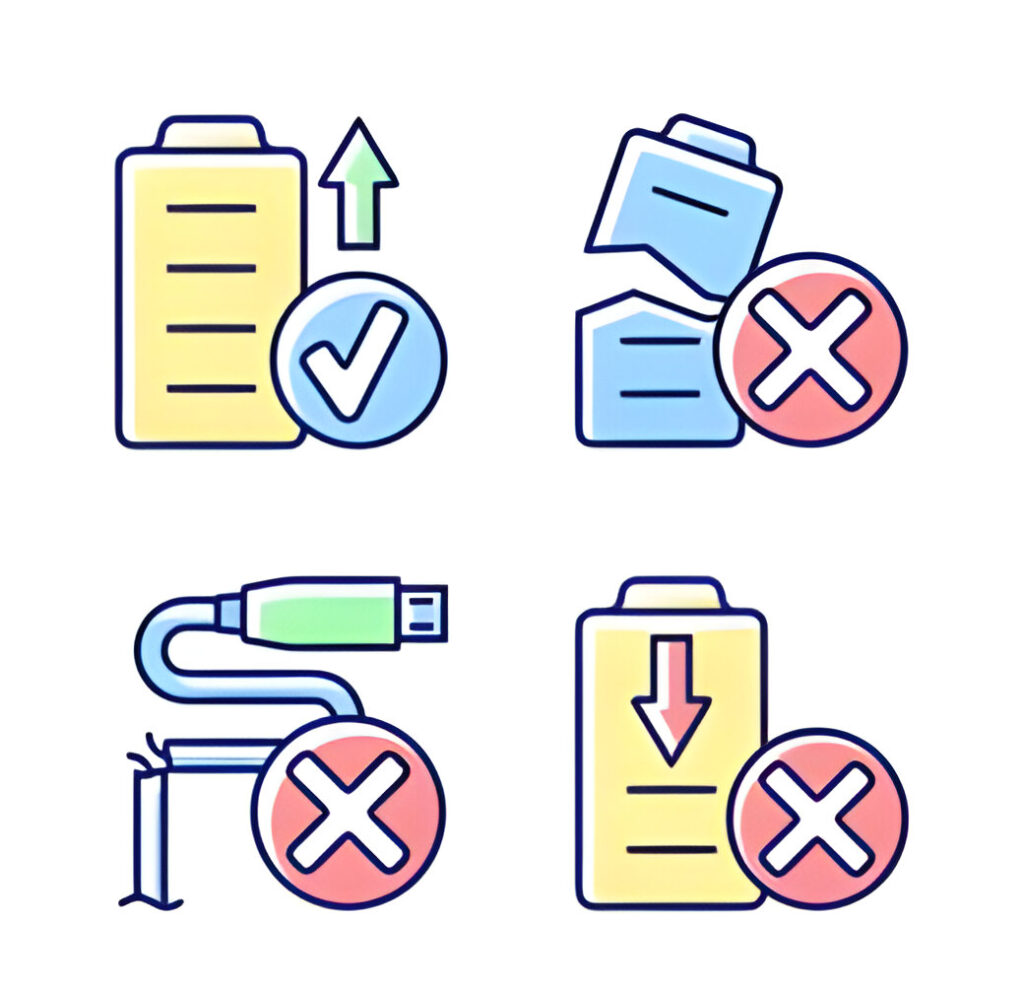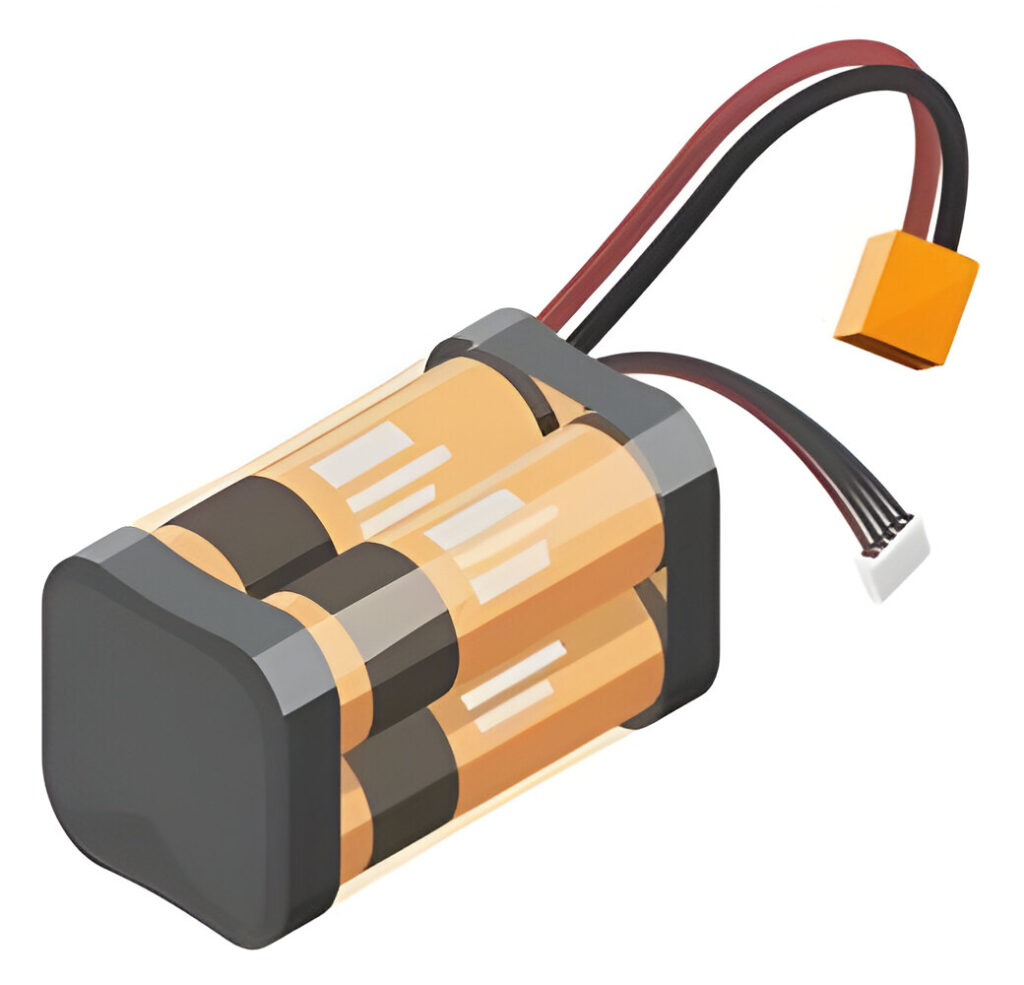Your Vivitar FPV Duo Drone Battery is the powerhouse of your aerial adventures, enabling you to capture stunning footage from breathtaking heights. However, to ensure your drone remains airborne for extended periods, it’s crucial to understand how to care for and extend the lifespan of its battery. This comprehensive guide delves into seven essential tips to help you get the most out of your Vivitar FPV Duo Drone Battery, ensuring countless hours of uninterrupted flight time.
Vivitar FPV Duo Drone Battery Maintenance Guide

Understanding Battery Chemistry
To kickstart our journey towards maximizing the lifespan of your Vivitar FPV Duo Drone Battery, it’s essential to grasp the basics of battery chemistry. Lithium-ion batteries, commonly used in drones, are sensitive to temperature, charge cycles, and storage conditions. By understanding these intricacies, you can adopt practices that promote longevity and performance.
Optimal Charging Practices
One of the cardinal rules of prolonging battery life is adopting optimal charging practices. Avoid leaving your Vivitar FPV Duo Drone Battery connected to the charger for extended periods, as overcharging can degrade its capacity over time. Additionally, strive to maintain a moderate charging level, neither allowing the battery to discharge nor constantly keeping it at maximum capacity entirely.
Storage Guidelines
Proper storage is paramount in preserving the health of your Vivitar FPV Duo Drone Battery during periods of inactivity. When storing your battery for an extended duration, ensure it’s at approximately 50% charge and store it in a cool, dry place away from direct sunlight. Periodically check the battery’s charge level and top it up if it dips below the recommended threshold to prevent deep discharge.
Temperature Management
Temperature fluctuations can significantly impact the performance and longevity of lithium-ion batteries. Avoid exposing your Vivitar FPV Duo Drone Battery to extreme temperatures, whether excessively hot or cold, as this can cause irreversible damage. During flight, monitor your drone’s temperature closely and land promptly if you notice any signs of overheating.
Proper Calibration
Calibrating your drone’s battery periodically is essential for accurate power readings and optimal performance. Follow the manufacturer’s instructions to calibrate your Vivitar FPV Duo Drone Battery correctly, ensuring the battery management system accurately tracks its remaining capacity. Regular calibration prevents inaccuracies and safeguards against sudden power failures mid-flight.
Avoiding Physical Damage

While drones are designed for rugged outdoor adventures, protecting your Vivitar FPV Duo Drone Battery from physical damage is crucial. Invest in a durable carrying case to shield the battery during transport and handle it carefully during installation and removal. Avoid subjecting the battery to impacts or falls, which can compromise its structural integrity and performance.
Firmware Updates
Stay vigilant for firmware updates released by Vivitar for your FPV Duo Drone Battery. These updates often contain optimizations and enhancements that improve battery performance and longevity. Keeping your drone’s firmware up to date ensures that your battery operates at peak efficiency, maximizing flight time and minimizing the risk of issues.
FAQs (Frequently Asked Questions)
How long does the Vivitar FPV Duo Drone Battery last on a single charge?
The battery life of the Vivitar FPV Duo Drone varies depending on factors such as flight conditions, camera usage, and weather. On average, you can expect anywhere from 10 to 15 minutes of flight time on a fully charged battery.
Can I use third-party chargers with the Vivitar FPV Duo Drone Battery?
While using the official Vivitar charger for optimal performance and safety is recommended, you can use third-party chargers that meet the required specifications. However, exercise caution and ensure compatibility to avoid damaging your battery.
What should I do if my Vivitar FPV Duo Drone Battery is swollen?
A swollen battery indicates a serious safety concern and should be cautiously handled. Immediately discontinue use, remove the battery from your drone, and store it in a fireproof container away from flammable materials. Contact Vivitar customer support for assistance and proper disposal instructions.
Is it normal for my Vivitar FPV Duo Drone Battery to get warm during charging?
A slight increase in temperature during charging is average for lithium-ion batteries, including the Vivitar FPV Duo Drone Battery. However, if the battery becomes excessively hot or emits a burning smell, disconnect it from the charger immediately and discontinue use. Consult Vivitar customer support for further guidance.
Can I leave my Vivitar FPV Duo Drone Battery connected to the charger overnight?
Leaving your Vivitar FPV Duo Drone Battery connected to the charger unattended is not recommended, especially overnight. Overcharging can degrade the battery’s performance and potentially pose safety hazards. Disconnect the battery from the charger once it reaches total capacity to prevent overcharging.
How often should I calibrate my Vivitar FPV Duo Drone Battery?
It’s advisable to calibrate your Vivitar FPV Duo Drone Battery every 20 to 30 charge cycles or whenever you notice significant discrepancies in the remaining power readings. Regular calibration ensures accurate battery status information and prolongs battery lifespan.
Conclusion
By implementing these seven essential tips, you can extend the lifespan of your Vivitar FPV Duo Drone Battery and enjoy countless hours of aerial exploration and photography. Remember to prioritize proper maintenance, storage, and charging practices to maximize performance and safety. With careful attention to detail and regular upkeep, your drone battery will continue to power your adventures for years.


